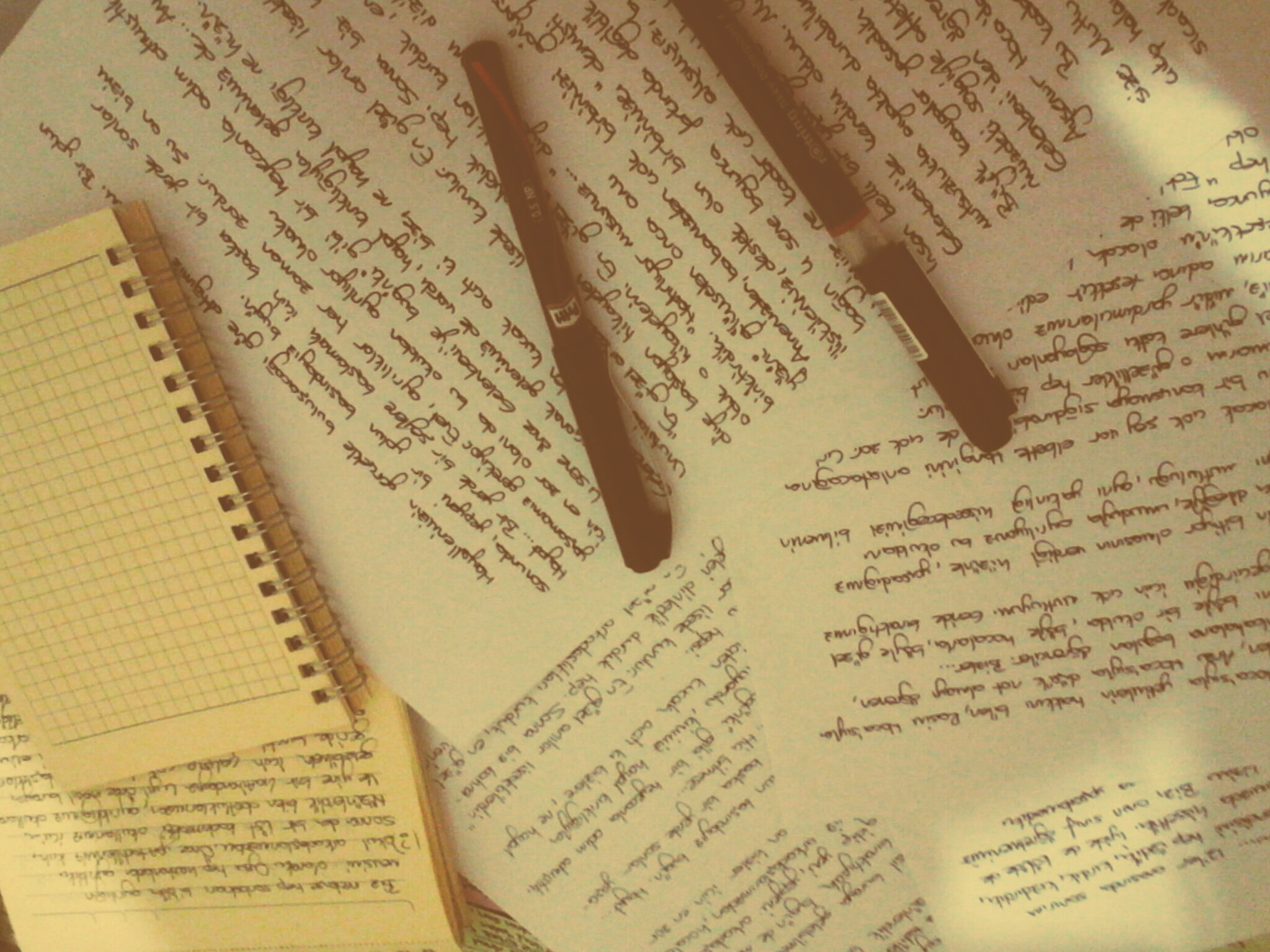By Noah Berlatsky
Writers are jealous critters. You don’t put your name out there unless you think your name deserves to be out there. Aren’t all my thoughts more insightful, more golden, and more worthwhile than all the other thoughts thunk by all those lesser thinkers? (Support my Patreon! Buy my book!) Alas, some of those lesser thinkers are inevitably better known than I am (I’m looking at you, George Will) and the result is resentment, anguish, and the remorseless gnashing of egos.
Thus it has ever been, thus it continues to be, as illustrated recently in the latest round of “Who’s better — elitist stuffed shirt academics or frivolous ignorant journalists?” I (somewhat inadvertently) kicked this discussion off in a piece at the Chronicle in which I argued that you don’t necessarily need to have a lot of background knowledge to write about pop culture. Thus, even though I am a Wonder Woman expert, I try not to get overly cranky when people with large pop culture platforms don’t know as much about Wonder Woman as I do.
Pop culture academics Amanda Ann Klein and Kristen Warner responded, with a certain bitterness of spirit, that expertise is too important, and that watching people who don’t know anything about your subject spout nonsense over a prominent byline is depressing and insulting. This, in turn, drew a response from Maria Bustillos here at LARB. She averred, also with a certain bitterness, that academics suck anyway and the Internet has freed us from them, so go sulk behind the paywalls, you doctorate-touting losers.
Again, this isn’t exactly a new contretemps. As Thomas Aquinas said, “Watching the town criers discuss the proof of God is like being beaten about the head with a large plague-ridden pig carcass.” To which Joseph Pulitzer responded, “Does Thomas Aquinas’s name sell papers? I didn’t fucking think so.”
Or maybe they didn’t say those things; I’m too lazy to look it up. In any case, the point is, the mutual enmity between academics and journalists isn’t of recent vintage. Journalists envy academics their relative stability and prestige, and so call them elitist and irrelevant. Academics envy journalists their audience and relative freedom from institutional hurdles, and so call them ignorant and irrelevant. The two warring sides are locked forever in a war of whirling words, which journalists duly scurry to monetize in the latest blog post and academics slog to analyze in dusty unread tomes for the pleasure of their tenure committees.
I enjoy a good internet slugfest as much as the next clickbait surfer, so I don’t want to discourage anyone from airing their dyspepsia in the great tradition of Aquinas and Pulitzer. But it’s maybe worth remembering, as jealousy boils within you, that, whether you’re an academic or a journalist, the grass that looks greener over yonder is probably composed mostly of the same shit you’re standing in.
Aaron Bady, quoted in Bustillos’s essay, writes that, “Scholars who spend their lives writing for JSTOR and other pay-walled gardens get tenure as the reward for making their work inaccessible to everyone else.” But, as I’m sure Bady knows, the academics don’t get any of the revenue from those pay-walls. Moreover, many academics these days don’t get tenure at all, but are instead shuttled into badly paid adjuncting gigs. “Donate your work for free now in exchange for a lousy job later!” You can understand why academics don’t feel like they’re getting an especially great deal.
And as for the utopia of free information exchange that Bustillos touts in the bulk of her essay — well. There’s certainly a lot of hype about what Bustillos calls the “rich, heady cross-cultural ferment” of the Internet, but I’m here to tell you that being fermented isn’t always quite as awesome as all that. As a professional information exchanger, I can tell you that I am writing this on Saturday evening, as a break from a work-for-hire gig, because, to make a living as a writer, you basically have to work all the time, including evenings and weekends.
If you want to be a writer, Virginia Woolf said, you need a room of your own. Whether you’re an academic or a journalist, writing well demands time and security to think, to study, to reflect. The reason journalists don’t look at academic articles isn’t (just) because the journalists are lazy or careless; it’s because grinding out the fourth Beyoncé thinkpiece today for next to no pay doesn’t give you the time or resources to do a whole lot of research. The reason academics often don’t reach out to popular venues isn’t (just) because they’re snobs. It’s because they generally don’t have control over the product of their own labor, and can’t make their work accessible even if they want to.
The internet, for all its virtues, has made it extremely difficult for writers to get a decent income. At the same time, the hollowing out of the middle class has turned a once relatively stable academic career path into a precarious and humiliating scramble. If turf wars between the academy and journalists are particularly fraught, it’s not because academics are getting snobbier, nor because pop culture writers are becoming more ignorant. It’s because everybody’s options are more and more limited, and everybody is desperate. That’s a topic both academics and journalists could write about, perhaps — if they could get someone to pay them for it.


